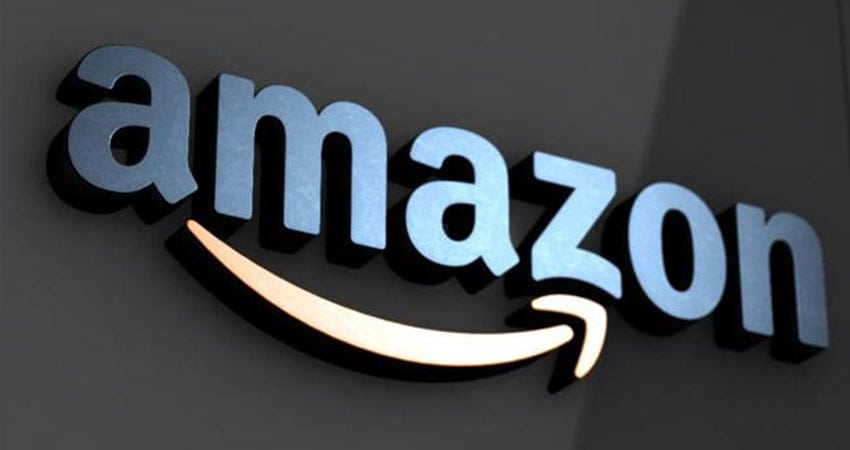Amazon wants its suppliers to start selling directly on its marketplace and has abruptly stopped purchasing products from tens of thousands of them, according to Bloomberg.
This is an effort to push more suppliers onto the marketplace and reduce overhead by getting the suppliers to use an automated self-service system that requires no input from Amazon managers.
“We regularly review our selling partner relationships and may make changes when we see an opportunity to provide customers with improved selection, value and convenience,” Amazon said in a statement to Bloomberg, declining to answer specific questions about the action.
An executive with a small-to-midsize ecommerce company said it had a pretty strong Amazon first-party business, but didn’t work with the marketplace. He said they hadn’t received orders in the last two weeks and didn’t receive any communication from Amazon.
“We work with brands that wholesale to Amazon through Vendor Central, brands that sell as a third party on Seller Central, and some that take a hybrid approach of both wholesaling and third-party selling,” said Mike Shapaker, CMO of ChannelAdvisor, an ecommerce cloud platform. “Based on recent reports, it appears that Amazon is classifying brands as either wholesale partners or third-party sellers.”
Shapaker said if the reporting is accurate, there could be a disruption in the near term for brands that have relied exclusively on one or the other model on Amazon, adding it’s no time to panic.
“Brands can have tremendous success with either approach,” he said. “If you’re being pushed in the direction of Seller Central, there are a lot of benefits and a lot of resources to help you be successful.”
Forbes reported this move appears to have disproportionately impacted smaller sellers, those doing $5 million or less per year in sales through Amazon. Former employees and sources in the trade have said Amazon’s ultimate goal is to get out of direct product sales by transitioning to a business model where it doesn’t own any inventory and only collects a commission from third-party sales.
“They want to focus on being a marketing and logistics platform,” said Lalan President and CEO of Jaye’s Studio and Malabar Bay, both women’s apparel, home and accessories businesses. “Amazon is cannibalizing everything.”
Shrikam added Amazon built its huge success on convenience and providing a good customer experience, letting customers order one product when needed, but these days the pricing isn’t always the best available. He said the convenience factor is good but shoppers are starting to emphasize the need for other things within the customer experience.
“Consumers enjoy convenience but not too much convenience,” Shrikam said. “I think they had first entry into a lot of this, but a lot of companies are catching up.”
Shrikam said what works is that vendors can still sell on the Amazon marketplace and make good money doing it, but Amazon no longer wants to buy products from anyone, instead focusing on selling directly to consumers itself.

